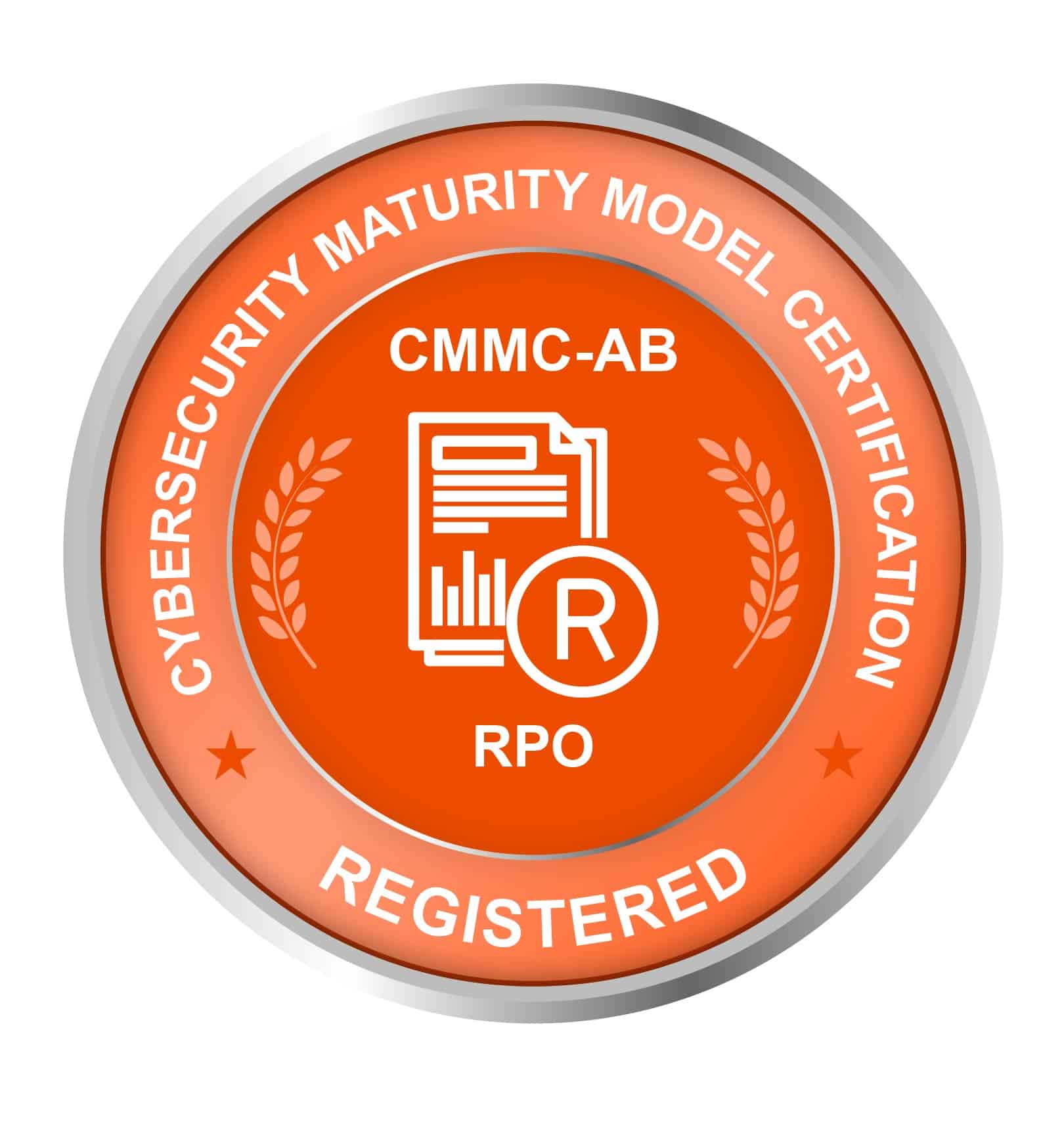As cloud technology continues to evolve and improve, more solutions are being implemented to make it more reliable as a storage solution for every organization. These days, the cloud recognized as a means to host apps and platforms—like email, which used to be localized. Email technologies in the cloud have helped boost productivity while ensuring dependable and secure online backup of emails in a dedicated environment that can be customized to suit an organization’s unique needs. Microsoft, and Rackspace are some examples of providers offering a range of business-class email solutions hosted in the cloud.
Moving to the cloud is always good for every organization. By migrating emails to the cloud, you can eliminate the need to worry about server maintenance. This can save money, let you avoid downtime. Disaster recovery will be easier when your email server is hosted in a cloud. Even if a computer crashes, you do not have to worry about important emails being lost. The cloud is accessible from anywhere as long as you have internet access. Hence, you can check and retrieve emails remotely using any device, like your smartphone, laptop, or tablet.
Cloud-based emails can be synced up, so you can access data from any device. Collaboration will be easier when your email server is migrated to the cloud, as it will enable real-time collaboration and editing along with other benefits, like instant updates, voice or video conferencing, and higher storage capacity for storing and sending emails with large file attachments.
Migrating your email server to the cloud should be easy and will not cause a lot of downtime if you have the right platform. Work with a reliable provider of scalable email hosting and make sure you have backed up and verified your data. Expect some downtime, too, as even the most reliable and efficient migration solution will cause that. However, you can mitigate that issue by coming up with the right plan to execute the move while ensuring the most minimal loss for your business.
There are security considerations involved when migrating email servers to the cloud. For instance, if there are existing security issues, moving to the cloud will not necessarily solve them if your current security infrastructure or architecture is not updated or fixed. Hence before migration, make sure the entire IT security framework is stable and secure, and that your organization is compliant to the standards in data protection.










